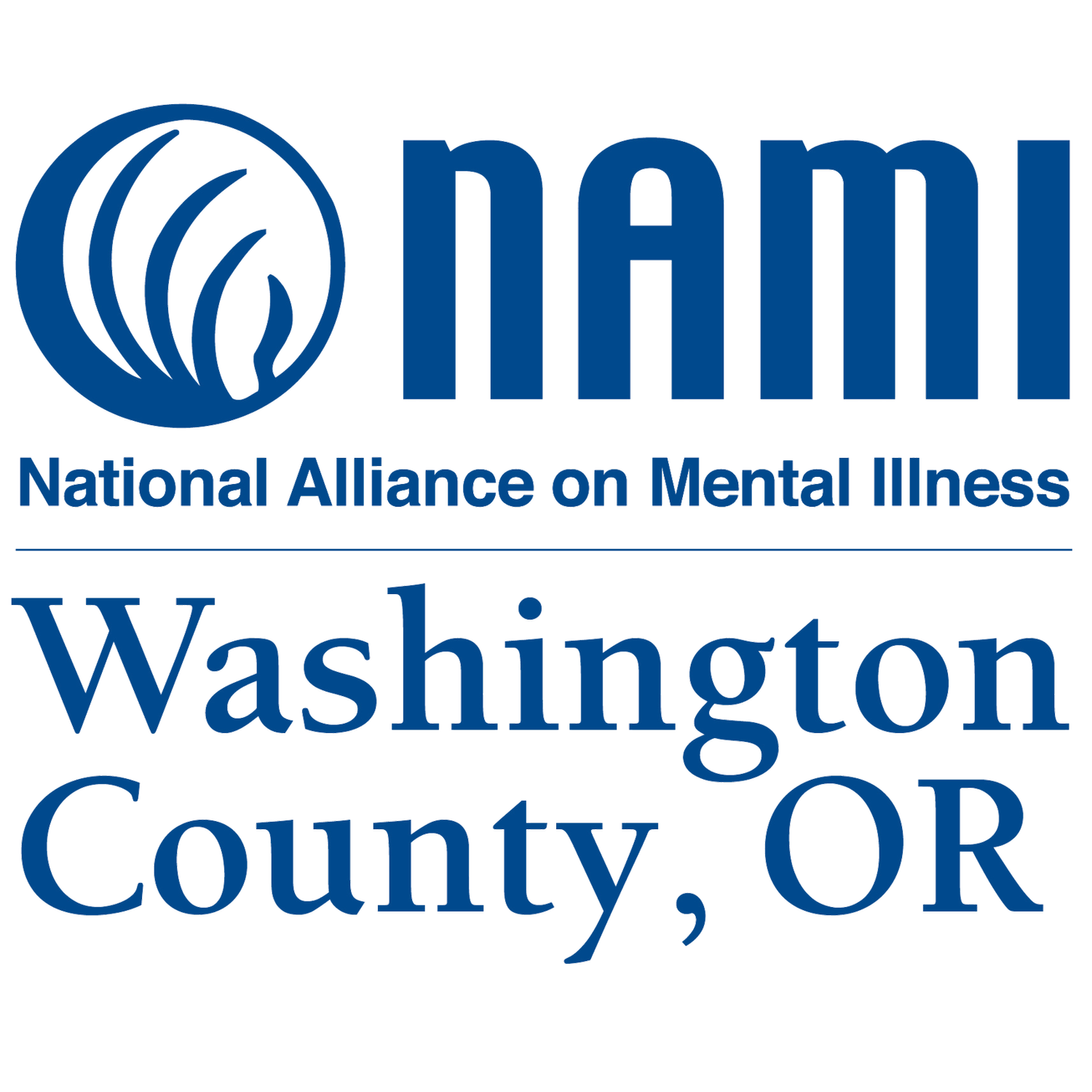Healing Through Undeliverable Letters
“Dear Diana*,” I would write. I knew she was gone. I knew these letters would not see the light of day after I finished writing them. But there was something calming about letting my thoughts run on a piece of paper, even if it was a stream of consciousness. As someone who had never kept a diary in my younger years, I was not very fond of the idea of journaling. My perspective on it has since changed. However, at the time, I considered it to be a sophisticated form of “Dear Diary.” I was rapidly losing interest in activities I used to enjoy, isolated myself, lost my social life, sense of purpose, and touch with reality. Throughout my initial college years, I could sense that something was wrong. However, I was too afraid to ask for help from friends and/or family and was not comfortable sharing my emotions with a stranger (counselor or therapist).
After months of internally battling with overwhelming thoughts and emotions, I once sat down to write a letter to the one person I thought would care enough to listen. The one person I knew would be able to pull me out of the dark hole. My mentor, my friend, my teacher, my second mother. She was everything encapsulated into a single person. There was a caveat though - she had already passed away, months ago. But, at the time, I did not care. I wrote in hopes of hearing her spirit tell me “It’s going to be okay.” Although I did not hear her, the process of transferring my abstract thoughts into something tangible allowed me to process them for the first time. I did not have fear of my parents belittling my symptoms by calling me “weak” or dismissing them by saying, “You’re young. What do you have to worry about?” I did not have fear of my friends getting frustrated with my constantly pessimistic perspective, bringing the whole mood down. I did not have fear of being judged by a stranger. I found a tinge of clarity. For the first time in a long time, I got a glimpse of myself.
It was addicting. Every time I felt a panic attack creeping in, I would take a piece of paper and start writing. There was no agenda. There was no goal of finding big revelations. I just wanted to be able to control my thoughts before they control me. And writing helped me achieve that. I was able to sit down and pinpoint what was the culprit that caused me to have anxiety that day. What was the trigger? With each letter, I was learning to understand my symptoms better, aiming to discover small, personalized solutions that work for me. I’m no writer. But each of those letters still makes me teary as I can track my journey: from a depressed, suicidal college student to one with goals, aspirations, and desires. I have neither eliminated my mental health struggles nor have I completely recovered. However, writing was my first step to learning how to manage my daily mental challenges to live a healthy, content life.
*Name has been changed to maintain privacy
- Below are a few resources that discuss the benefits of writing/journaling and provide guidance on how to get started for those who are new at it:

